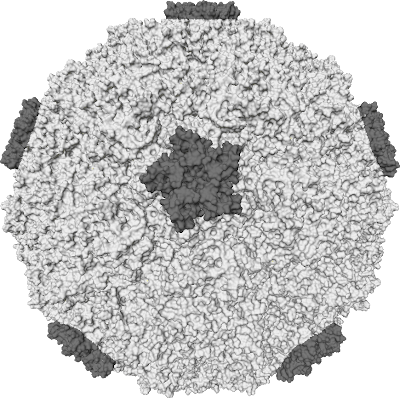Thursday, March 29, 2012
Get Lucky Half Marathon Race Report!
Saturday, March 10, 2012
Training through Illness.

Now, whenever I notice a brief illness coming on, I stop riding my bike for my work commute. I postpone any training I'm doing and rework the schedule. Basically I try to minimize any stress on my body that may distract it from battling the illness.
The result is that I'm no longer digging myself into a deeper hole training, because that's all that happens when you're sick and training. The illness doesn't linger for a prolonged time either. I usually find within a day or two that I'm feeling well enough to start training again. And lastly, because I get over the illness so quickly, I can usually maintain my training schedule and only miss one training day at most and then pick up where I left off and fully attack the schedule rather than gutting it out sick with no benefits of that training block.It's mostly a win-win. And as of today, I'm not doing my 14 mile run, but I can already tell my symptoms are getting better and plan on heading out tomorrow. And even better? The weather will be nicer tomorrow too.
Sunday, March 4, 2012
Transitioning to Vegetarianism
As a child, I was considered a very picky eater. I hated vegetables. I’d preferred to stay away from fruit. Mostly, I just wanted pizza and soda. Even during my teenage years after I’d been diagnosed as diabetic, I continued to mostly eat terrible foods. I’m really not certain how I got over it. One day I just started buying groceries and cooking for myself, and I began looking much more closely at everything that was going into my body.

This transition to caring about what I ate also coincided with completion of my bike ride across America. It is mostly true that you can ride your entire bicycle across the country all while eating mostly junk food. I didn’t quite do that. Mostly I ate a bunch of whole grains, peanut butter, jam, nuts, veggies when available, and a lot of pasta. Oh, and Clif Bars (yes. I can go on at length about qualities of each and every flavor). And the pasta was probably mostly a result of it being very cheap to make a lot of, as I was eating 5,000-7,000 calories a day. But I began eating less and less meat just because it’s a pain to obtain and cook when you’re beating it down the road 70-80 miles every day. But the point is I felt great without it. And so I when I finished the trip, I continued not eating much meat.
And then, one day, I was grocery shopping and decided I was going to stop eating meat. Granted, I considered the idea for a long time, but that was it. The important key here is the reason why it was so easy for me to quickly make this decision: I had already arranged a nutritious diet around eating very little meat. I did not just remove meat from whatever I would normally eat. I replaced my regular sources of meat with a lot of protein and iron sources that were not from meat. And iron and protein are mostly what meat provides to our bodies.
In practice this means a lot of beans, nuts, and leafy green vegetables (think spinach and broccoli). It’s not that difficult when you are making sure that you’re eating healthy. And most of us know what that means. We just don’t always do it. So, I’ll refrain from rambling on about that.

There is a caveat to add here. There is a difference between iron from meat (heme) and vegetarian (non-heme) sources. Non-heme iron is not as easily absorbed by the body as heme iron is. So, vegetarians often have to eat more iron than non-vegetarians. There are certain ways to help get around this. Consuming vitamin C with your iron helps your body absorb it better. Sometimes, you just have to take an iron supplement. Mostly you need to pay attention to signs of anemia and go to the doctor if you’re afraid you’re showing signs for anemia.
My point here is that transitioning to vegetarianism shouldn’t be made quickly. You should consider carefully why you’re doing it (something I’ve chosen not to go into here) and how you’re going to make sure you get the iron and protein you will no longer be getting from meat. Making the transition slowly helps a lot too. I was on my “meat seldomly” diet for over a year before making the leap to vegetarianism. But if you’re not careful, you may end up like many people I’ve known who tried to eat vegetarian and then ended up giving up on the diet (because they thought all they could eat were PB&J sandwiches) and/or became malnourished. I think it’s a great decision to eat vegetarian. Just make sure it’s an informed, healthy decision.


